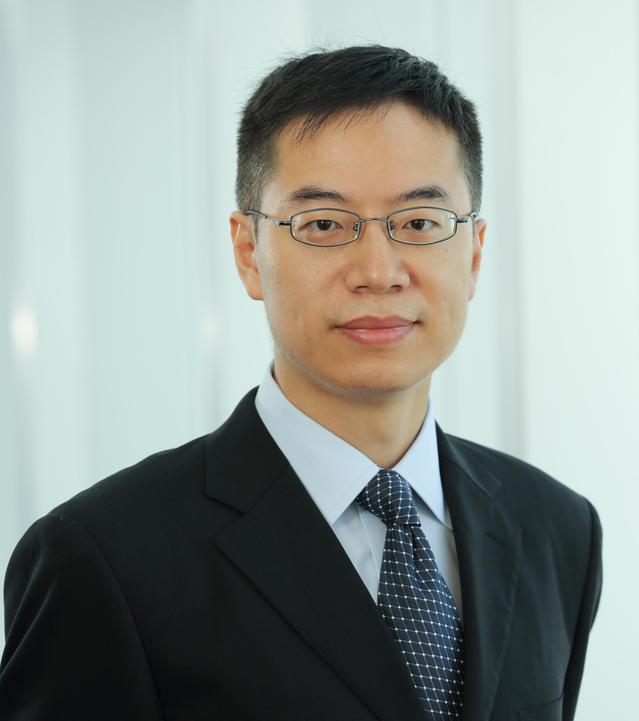題 目:Finding Justice: How Underpaid CEOs Respond to CSR

報(bào)告人:Yi TANG(唐翌)
時(shí) 間:2017年10月12日14:30-16:30
地 點(diǎn):經(jīng)濟(jì)與管理學(xué)院702室
報(bào)告人簡(jiǎn)介:
Yi TANG is currently an Associate Professor in Strategy at the Department of Management, the Hong Kong Baptist University. Before that, he was an Associate Professor at the Department of Management and Marketing, the Hong Kong Polytechnic University. Dr. Tang received his PhD in Management from the Hong Kong University of Science & Technology (HKUST). Dr. Tang’s research interests include strategic leadership, firm innovation, corporate social responsibility and social networks within and across organizations. Dr. Tang academic work has been published in the leading management journals including Academy of Management Journal, Strategic Management Journal, and Journal of Management. Dr. Tang currently sits on the editorial boards of Strategic Management Journal and Management and Organization Review.
報(bào)告摘要:
Do CEOs engage in activities addressing corporate social responsibility (CSR) for themselves or for others? On the one hand, CEOs may exploit CSR to pursue personal interests at the expense of shareholders; on the other hand, they may use CSR to promote the welfare of stakeholders and to obtain long-term competitive advantages for firms. This study tries to disentangle these two competing arguments in a unique context: when a CEO is significantly underpaid and perceives unfair treatment. According to equity theory, underpaid CEOs attempt to restore fairness by either improving their own benefits or reducing the benefits accrued to others. Therefore, with the aim of restoring fairness, underpaid CEOs may engage more heavily in CSR when the motive is self-serving but less when the motive is other-regarding. With a sample of CEOs of S&P 1500 firms for the 1996-2012 period, our results suggest that the self-serving motive dominates in the context of CEO underpayment. This effect is moderated by a set of factors at the individual, group, and community levels that either strengthen or weaken the mechanism of perceived fairness. Our results are robust to two difference-in-differences analyses - in the CEO succession context and in a quasi-natural experiment of limiting CEO compensation as a result of the Troubled Asset Relief Program (TARP). We discuss the implications of our findings for the CSR research and the CEO compensation literature.



